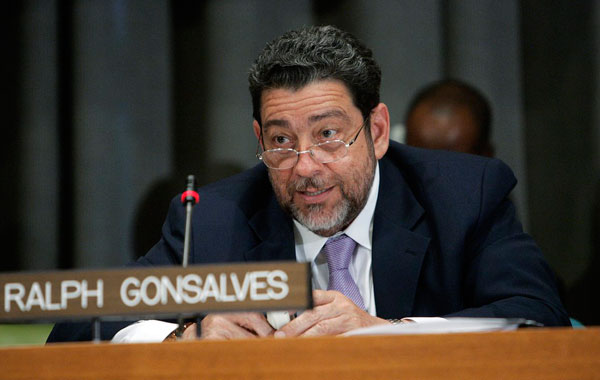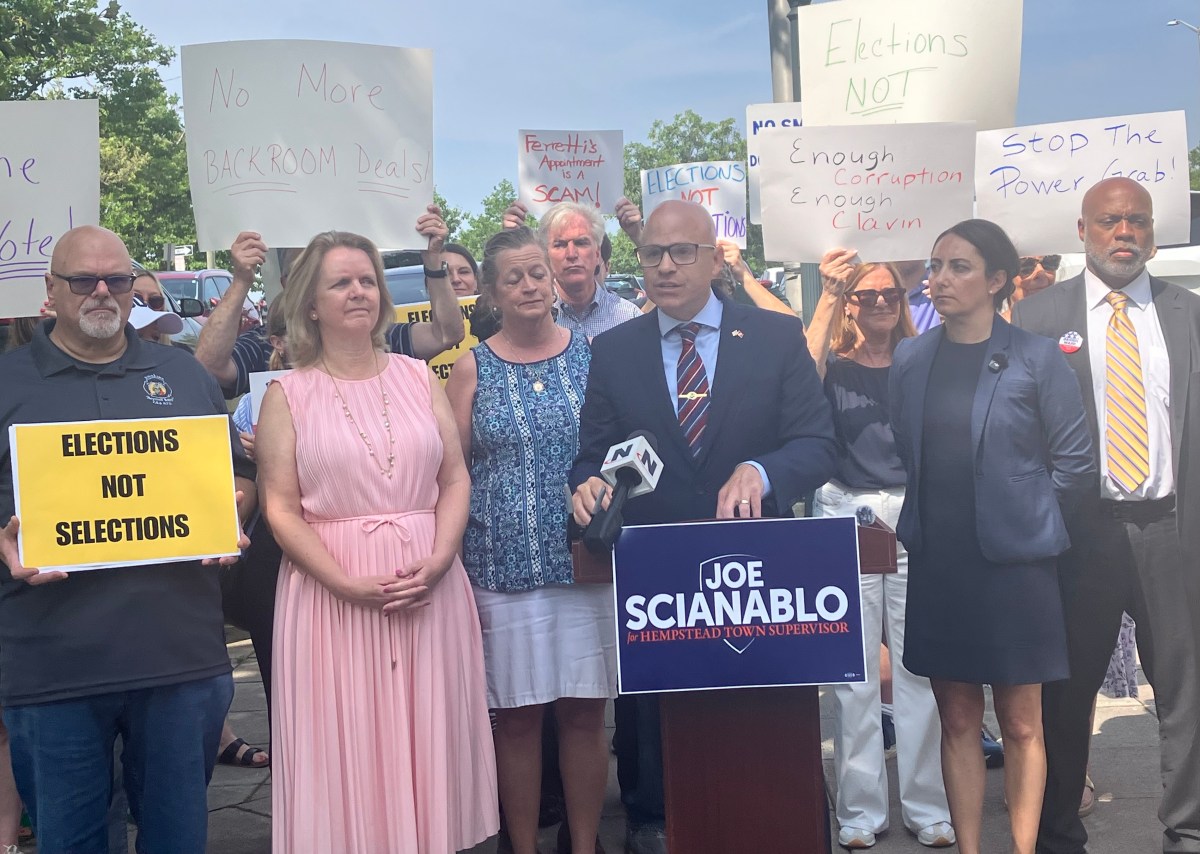The year 2015 has dawned as usual with the fanfare of greater things to come. Caribbean projects are in the pipeline, along with activities to enhance competitiveness and many gallant efforts by well-meaning non-governmental and international organizations. The research has shown, however, that without the impetus of effort that originates from amongst the local innovators, there is no real change and no great advancement.
The efforts of some regional establishments such as Compete Caribbean in instituting projects which should help in promoting and developing trade and investments, as well as in providing some solid knowledge-based platforms from which policy initiatives can be launched, are laudable, but what next?
There is still little response from CARICOM on intellectual property laws and policy which will allow for the development of innovation and trade both intra-regionally and internationally, and one wonders whether this is the result of lack of informed policymakers or simply a collective phobia of international intellectual property law and policy. Either way there must be an applicable cure and fast.
The history of international intellectual property regimen in developing countries reveals that they have faced a barrage of international pressures concerning their implementation of the Trade-Related Aspects of Intellectual Property Rights agreement (TRIPS), which is an integral part of World Trade Organization (WTO) trade accords made by them.
Among the stresses exerted on the countries have been WTO accession agreements, trade sanctions and threats of sanctions, withdrawal of aid, diplomatic intimidation, economic threats from large industrial groupings and bilateral trade negotiations.
Developing countries have had mixed responses to these threats. In some instances they have tried to resist many of these pressures, and this has resulted in low levels of implementation of TRIPS. In others, there has been hasty implementations of laws as a peace offering to the developed country bloc, which has not balanced the interests of local economic and social policy needs resulting in chaos. Kenya’s IP system is an example of this.
The top-down system of intellectual property regimen cannot work within developing countries without serious reworking and consideration, and although there is considerable argument for the so-called TRIPS flexibilities which are intended to give developing countries some leeway in the implementation of the laws relating to TRIPS, the point is that implemented they must be. Commentators who argue strenuously for TRIPS flexibilities seem to miss the point that it is the rules which are themselves problematic, not how or when they are implemented.
And what of CARICOM? The aspirations to a Single Market and Economy carries with it the recognition that there must be adequate responses to the requirements of the world economic order and conditions, whatever those may be. It is a fact of our current existence that the world economy is now heavily based on cyber technologies which eliminate older slower processes, shift trans-national transactions to the internet, and create new and ever-evolving industries which are propelling developing countries which care to be involved, into technological and economic dominance. Singapore, China, India, Malaysia, Brazil and some others are a competitive presence on the world stage to the point where they can no longer be ignored, to this end The United States has been actively working on the Trans-Pacific Partnership Agreement (TPP) with 11 other countries, namely Peru, Singapore, Mexico, Malaysia, Chile, Japan, Canada, Australia, Brunei Darussalem, and Vietnam.
The aim of this agreement is to provide market access for goods made in America, implement new rules for state owned enterprises, have strong environmental commitments and labour standards and most notably to have a strong intellectual property rights framework. This indicates above all else that there is great urgency in the need to regulate the international intellectual property rights space in a way that has not been possible through TRIPS, and also opens the space for CARICOM to evolve its own framework which will take advantage of this new era.
One cannot but take notice that the United States has completely ignored CARICOM in these discussions, indicating that the region is not to be taken seriously in these kinds of international arrangements, with the result that CARICOM and its CARICOM Single Market and Economy (CSME) will be on the receiving end of whatever trade deals and intellectual property rights agreements result from this new arrangement with no way out.
Perhaps it is the intention of the CARICOM policymakers that the region become the sun, sand and sea playground of the rest of the world, but even here it is doomed to failure because there are substantial resources in this regard in many other parts of the world. CARICOM needs to rework its policies and get to work on becoming a respected voice in the international sphere. It is time to get busy in the world of international intellectual property.
Abiola Inniss LLM, ACIArb, is a Ph.D. researcher at Walden University U.S.A in Law and Public Policy and a graduate of DeMontfort University School of Law U.K. She is a leading analyst and author on Caribbean Intellectual Property and the founder of the Caribbean Law Digest Online.

























